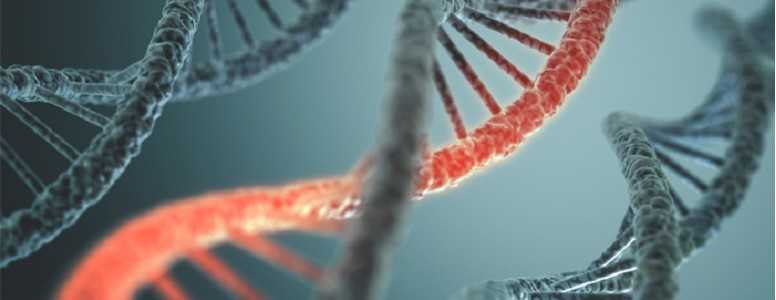An international team of researchers have discovered a common genetic defect in beta cells which could underlie both type 1 diabetes and type 2 diabetes.
This new study, published in the online journal Nature Genetics, investigated how genetic variation controls the development of diabetes.
Researchers conducted studies on non-obese mice models and found that genetics affect the beta cells that produce insulin.
Mice with fragile beta cells that were poor at repairing DNA damage would rapidly develop diabetes when the cells were challenged by cellular stress. Mice with stronger beta cells were able to repair this DNA damage and remain without diabetes.
Genetic variations of beta cell survival and DNA damage repair were also found to be altered in human islet cells, demonstrating that beta cell fragility is a factor in genetic predisposition to diabetes.
Sylvie Lesage, Montreal Diabetes Research Centre, said: “Our research finds that genetics is critical for the survival of beta cells – the cells that make insulin.
“Thanks to our genetic make-up, some of us have beta cells that are tough and robust, while others have beta cells that are fragile and can’t handle stress. It is these people who develop diabetes, either type 1 or type 2, while others with tougher beta cells will remain healthy even in if they suffer from autoimmunity or metabolic dysfunction of the liver.”
Lead author Dr. Adrian Listo, University of Leuve, Belgium added that these findings will enable scientists to use animal models to test new anti-diabetic drugs that focus on preserving beta cells.
What's new on the forum? ⭐️
Get our free newsletters
Stay up to date with the latest news, research and breakthroughs.






